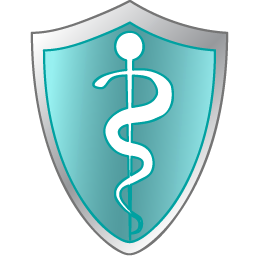Medical lab Results Analyzer
 Published: 9 Jul 2024
Published: 9 Jul 2024

Help diagnose certain diseases and conditions
Monitor a chronic disease or condition, such as diabetes or high cholesterol
Find out if treatment for a disease is working
Check how well your organs are working.
A CBC is often included as part of a regular checkup.
Basic metabolic panel. Enzymes are substances that control chemical reactions in your body. Your organs include your liver, kidneys, heart, and thyroid.
Help diagnose bleeding or clotting disorders
Find out if your immune system is having trouble fighting infections
What are the different types of blood tests?
There are many different types of blood tests. There are many types of blood enzyme tests. This test measures different parts of your blood, including red and white blood cells, platelets, and hemoglobin. Common ones include:
Complete blood count (CBC). Blood work is often included as part of a regular checkup. Blood tests are used to measure or examine cells, chemicals, proteins, or other substances in the blood. This is a group of tests that measure certain chemicals in your blood, including glucose, calcium, and electrolytes.
Blood enzyme tests. Some of the most common types are troponin and creatine kinase tests. These include cholesterol tests and a triglyceride test.
Blood clotting tests, also known as a coagulation panel. These tests are used to find out if you've had a heart attack and/or if your heart muscle is damaged.
Blood tests to check for heart disease. Blood testing, also known as blood work, is one of the most common types of lab tests. These tests can show if you have a disorder that causes too much bleeding or too much clotting.
When this happens, its best to talk to the doctor and understand why these tests have been recommended for you. Everyone takes a blood test at some point in their life. This is generally taken from a nerve in the middle of your elbow. This is where the doctor will be able to make you understand what could have gone wrong to begin with. Sometimes, based on the blood test results and the extent of the illness if any your doctor will come up with a treatment programme. Once you do have the results and you are unsure of what they mean, make sure you speak to the doctor again. Blood tests are normally done by haematology department in the hospital or diagnostic center. For some people, the nerve at this point does not really show and that's when blood is drawn from the wrist. For children, a cream based anesthetic is rubbed onto the spot so that the pain from the needle is minimal. A small sample of your blood is drawn. This helps prevent children from developing a fear of blood tests. Sometimes, even if all the results do come back normal, you may be left with a nagging doubt on what the abnormality was in the first place.